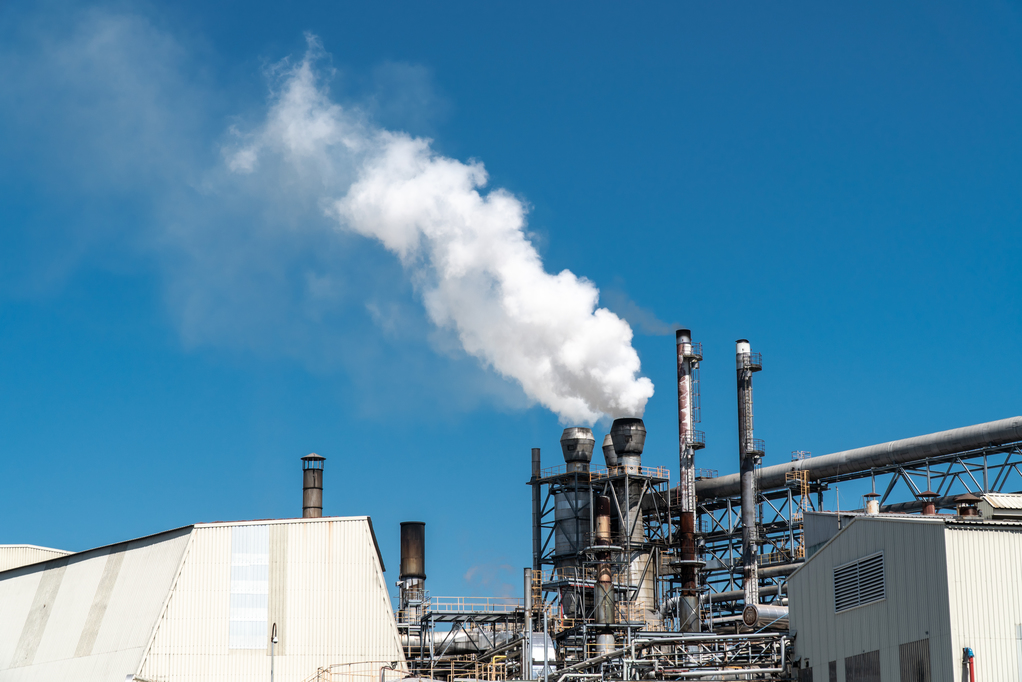
A newly proposed rule published by the Securities and Exchange Commission would require thousands of public companies to disclose their greenhouse gas emissions as soon as next year.
The proposed rule would force companies to publicly disclose emissions generated by their own operations (Scope 1) as well as the energy used to power their plants and offices (Scope 2). The proposal is already generating significant feedback – both positive and negative – from business, shareholder and environmental groups throughout the U.S.
According to a summary of the rule prepared by global consulting firm FTI, the business community is shifting its focus away from outright opposition to climate disclosure requirements towards a more proactive strategy that includes climate risk mitigation and management.
Importantly, there is growing recognition by corporate leaders that reducing carbon emissions significantly must include a strategy for the active management of Scope 3 emissions. Scope 3 emissions include “upstream” emissions released by the use of products sold (think oil and gasoline) and “downstream” emissions saved by the use of carbon-efficient products rather than carbon-intensive products of the same type. Industrial packaging (e.g. steel drums, plastic drums, etc.) fall within the definition of downstream Scope 3 emissions because this packaging is used to deliver products such as chemicals to corporate users.
According to Reusable Industrial Packaging Association President, Paul Rankin, the use of reconditioned rather than new industrial packaging of the same type offers corporations a fantastic opportunity to reduce their carbon emissions simply by choosing to use reconditioned packaging rather than new, where feasible.
“Industrial packaging, such as steel and plastic drums, as well as intermediate bulk containers, are a nearly perfect example of the Circular Economy,” said Rankin. The reconditioning industry operates a global collection system which ensures tens of millions of these containers are retrieved after being emptied every year. Reconditioners then clean, reprocess, test and sell them for reuse, noted Rankin. In the event a container is determined to be no longer fit for reuse, it is safely prepared for scrap.
According to a study prepared for the reconditioning industry by Ernst & Young (EY), reusing an open head steel drum reduces carbon emissions by about 60% as compared to using a new drum of the same type. The reuse of a composite intermediate bulk container can save more than 67% of the emissions for newly manufactured IBCs.
“In the near future, companies that select reconditioned industrial packaging rather than new containers will be able to easily calculate their greenhouse gas savings (CO2e) and report these savings in both their SEC filings and annual sustainability reports,” said Rankin. “This is a win-win situation for companies seeking to reduce carbon emissions while improving the environment,” concluded Rankin.
